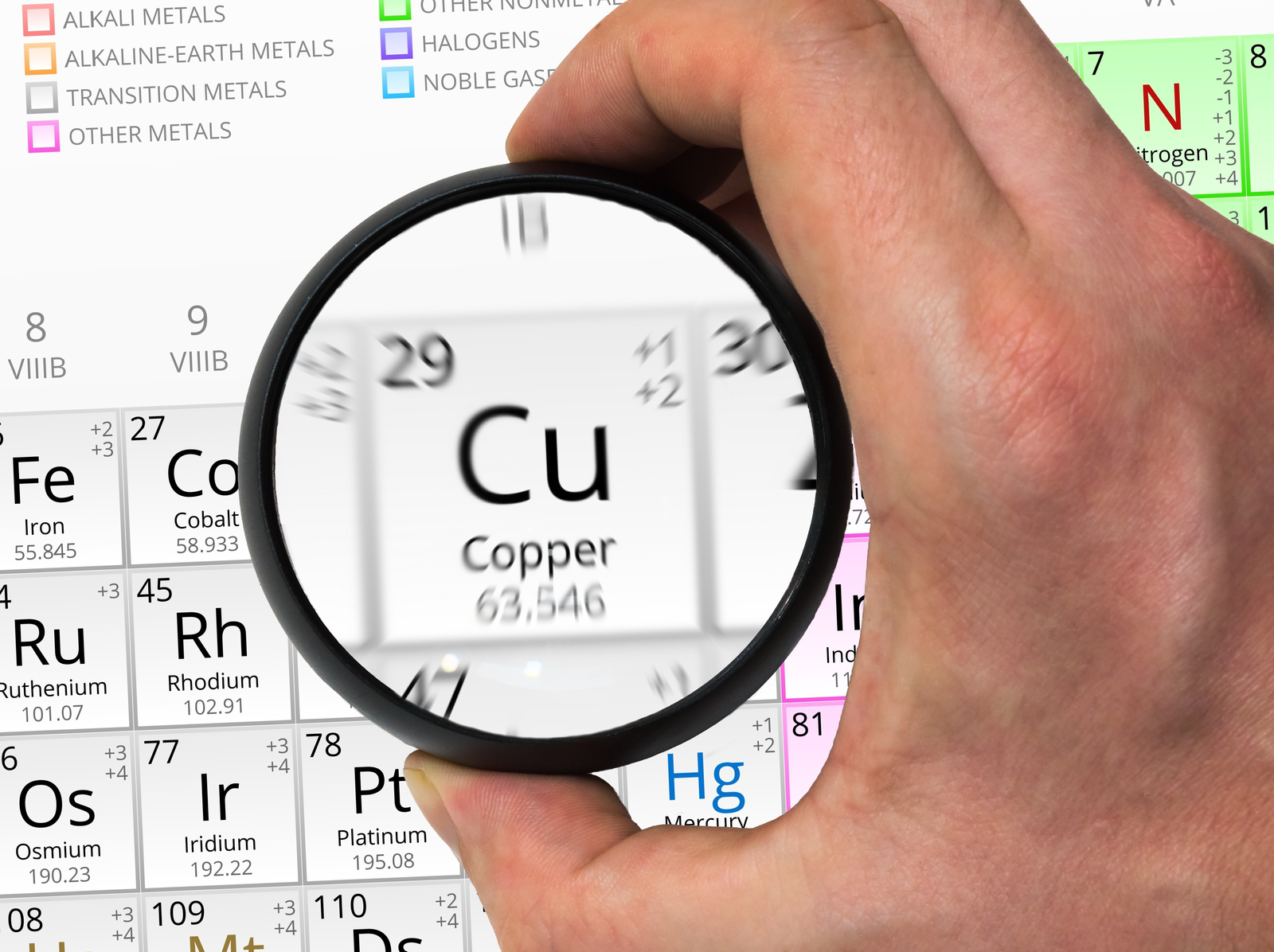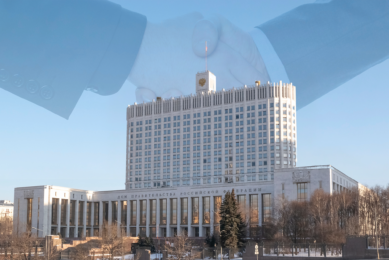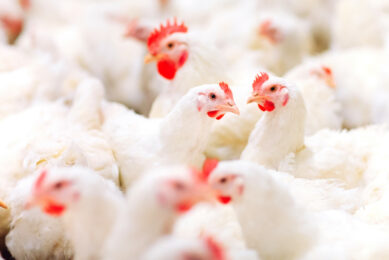EU copper levels of feed revised

EFSA’s Panel on Additives and Products or Substances used in Animal Feed (FEEDAP) adopted a scientific opinion revising maximum levels of copper in animal feed.
Copper is an essential trace element for all forms of life and performs several biological functions. However, high levels of copper (higher than the nutritional needs) are sometimes applied for their positive influences on growth rate. This is mainly the case in piglets. These high levels of copper are secreted by the animals and can be a threat for the environment. EFSA therefore proposed the following revisions:
• Piglets (<12 weeks): from 170 mg to 25 mg kg feed>
• Cattle (beef and dairy cattle): from 35 mg to 30 mg/kg feed
• Goats: from 25 mg to 35 mg/kg feed
• No modification on the maximum copper contents in feed for poultry (including chickens for fattening) has been proposed. The current level of 25 mg/kg feed is maintained.
• No modification on the maximum copper contents in feed for sheep has been proposed. The current level of 15 mg/kg feed is maintained.
The main reason that the inclusion level for goats was increased, instead of decreased was because the information gathered concluded that these new levels fit the goats’ copper requirements better.
Prof Jürgen Grobb, chair of the working group on copper in feed explains the revisions in the video below.
“Our aim was to reduce the levels of copper in compound feed to a level that are better reflecting nutritional needs. Because this was not the case in our view. To be able to define new levels, we gathered information from EU member states and stakeholders to have a safe basis for the requirements, deficiencies and tolerances. This information is used to define new levels that are high enough to ensure animal safety and welfare, animal productivity, as well as consumer safety”.
The opinion has been already delivered to the European Commission and will be made publicly available in the coming weeks in the EFSA Journal.
In the context of the Standing Committee in Animal Nutrition, the European Commission will discuss the Scientific Opinion with the Member States. A Regulation on copper compounds will be adopted and enforced in the EU. This Committee is not obliged to endorse the new levels.











